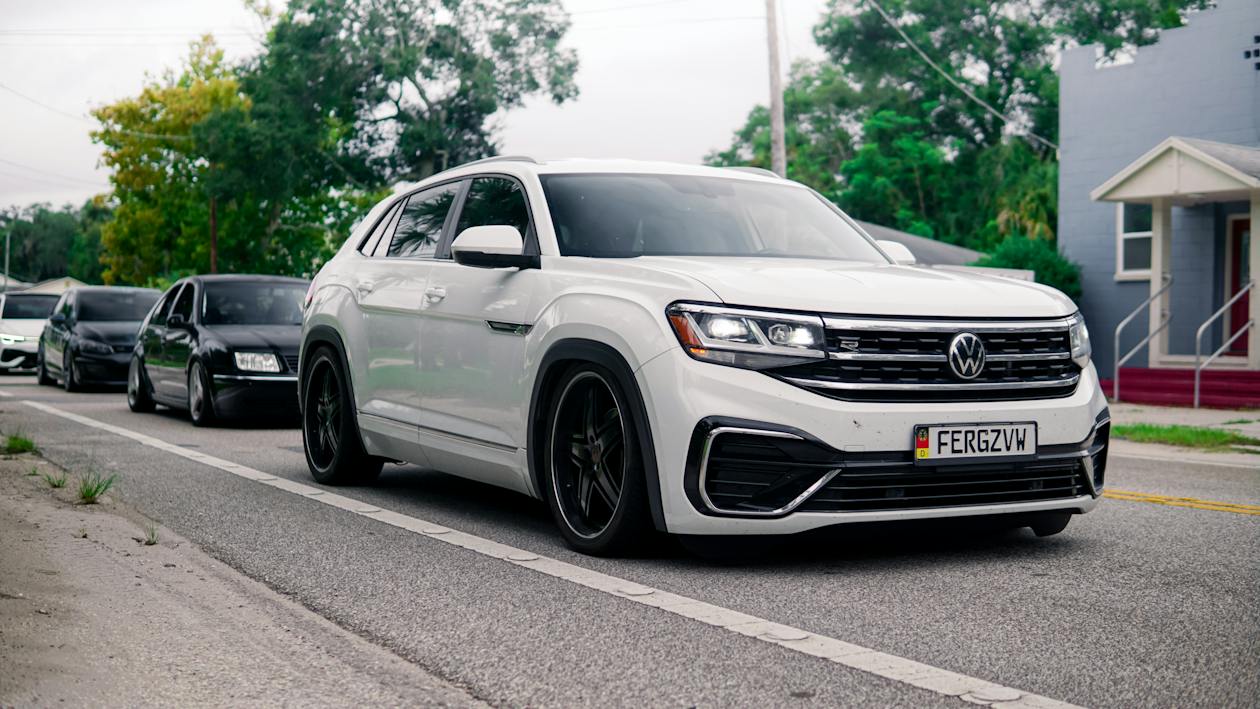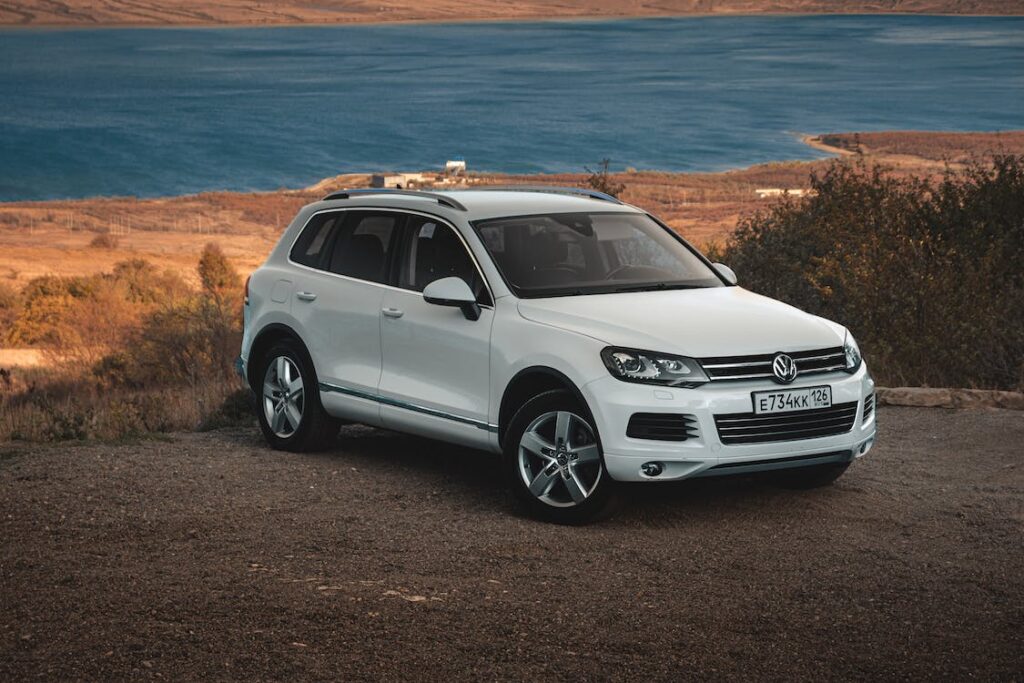Physical Address
304 North Cardinal St.
Dorchester Center, MA 02124


When it comes to automotive history, few companies have left a mark as significant as Volkswagen. Known for its iconic Beetle and a range of other popular and influential vehicles, Volkswagen has achieved a long-standing legacy in the automotive industry. However, this legacy is not without its controversies. In this article, we will delve into the legacy of Volkswagen from a professional perspective, discussing its impact, successes, and challenges faced over the years.
Volkswagen, literally meaning “people’s car” in German, was founded in 1937 by the German Labor Front. Its primary purpose was to provide affordable and efficient transportation options to the masses. Led by Ferdinand Porsche, the company designed the iconic Beetle, which was launched shortly after World War II.
The Beetle gained immense popularity, becoming synonymous with Volkswagen and showcasing the company’s commitment to innovation, quality, and affordability. It became a symbol of Germany’s post-war recovery and a common sight on roads worldwide. Its production continued for several decades, making it one of the world’s most recognizable and adored vehicles.
In the 1960s and 1970s, Volkswagen expanded its product lineup with models like the Volkswagen Type 2 (also known as the Microbus or Transporter) and the stylish Karmann Ghia. These vehicles appealed to different market segments, further solidifying the company’s position as a global leader in the automotive industry. Volkswagen continued to innovate, introducing advancements such as fuel injection systems, four-wheel drive, and turbocharging.
During this period, Volkswagen also acquired other well-known automotive brands, including Audi, SEAT, and Škoda. These acquisitions allowed the company to diversify its product offerings and tap into different market segments. The addition of luxury and performance vehicles to the Volkswagen portfolio created a broader appeal and catered to a wider range of customer preferences.
As the environmental movement gained momentum in the late 20th century, Volkswagen recognized the need for more sustainable practices in the automotive industry. The company made efforts to develop and produce vehicles with improved fuel efficiency and reduced emissions.
In recent years, Volkswagen introduced its electric vehicle (EV) lineup, with models like the ID.3 and ID.4. These EVs aim to contribute to a greener future by reducing carbon emissions and dependence on fossil fuels. The company has also committed to investing heavily in research and development to further advance electric mobility.
While Volkswagen has achieved remarkable success and made substantial contributions to the automotive industry, it has also faced significant challenges and controversies. One of the most notable incidents was the “dieselgate” scandal in 2015, where Volkswagen admitted to installing software in its diesel vehicles to manipulate emission tests.
This revelation not only damaged the company’s reputation but also resulted in significant financial penalties, legal battles, and recalls. It highlighted the importance of transparency, ethical practices, and adherence to regulations in the automotive industry. Volkswagen has since taken steps to rectify its mistakes, with changes in management, increased focus on compliance, and an emphasis on rebuilding trust with customers and stakeholders.
Volkswagen’s legacy extends beyond its iconic vehicles and controversies. The company’s influence can be seen in various aspects of the automotive industry. Its commitment to quality, safety, and innovation has set a benchmark for other manufacturers.
Additionally, Volkswagen’s emphasis on affordable transportation has made owning a car accessible to millions of people worldwide. The success of the Beetle and other Volkswagen models demonstrated the power of mass production and laid the foundation for future automotive manufacturing processes.
Furthermore, Volkswagen’s environmental initiatives, particularly in the field of electric mobility, have had a significant impact on the industry. By investing in electric vehicle technology and infrastructure, Volkswagen has contributed to the global effort towards reducing greenhouse gas emissions and transitioning to sustainable transportation.

Looking ahead, Volkswagen aims to further establish its position as a leader in electric mobility. The company plans to invest heavily in electric vehicle production and infrastructure, with the goal of offering a wide range of electric models to meet the evolving needs of consumers.
Volkswagen also recognizes the importance of digitalization and connectivity in the automotive industry. The company is actively developing technologies that enhance the driving experience and enable seamless integration with other smart devices and services.
In conclusion, the legacy of Volkswagen encompasses a rich history of innovation, success, and challenges. The company’s iconic vehicles, commitment to affordability, environmental initiatives, and ongoing efforts toward electric mobility position it as a key player in shaping the future of the automotive industry. Volkswagen’s ability to adapt to changing market dynamics and embrace new technologies will be crucial in maintaining its legacy for generations to come.